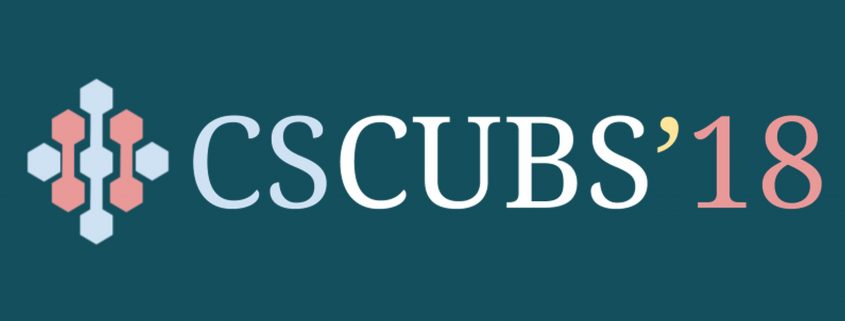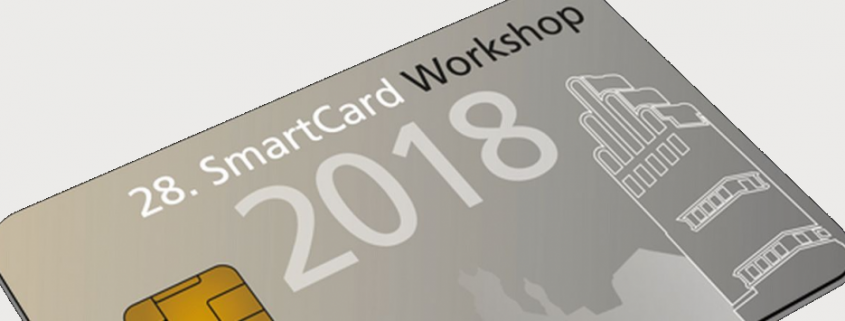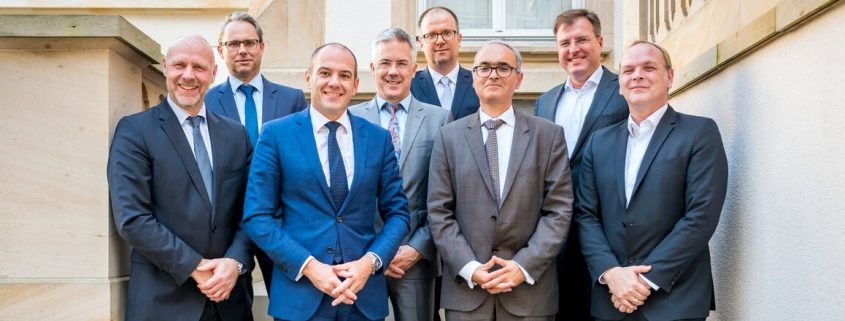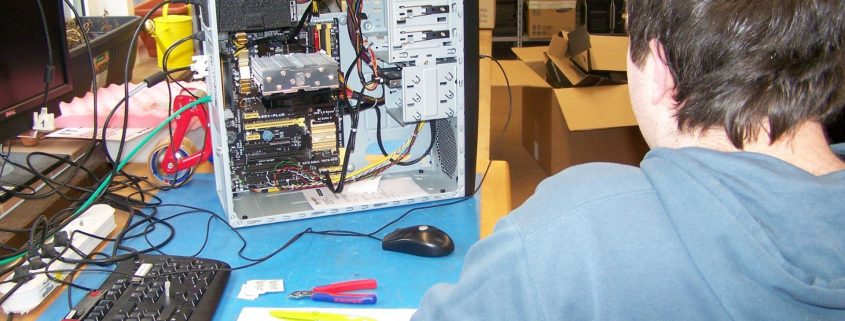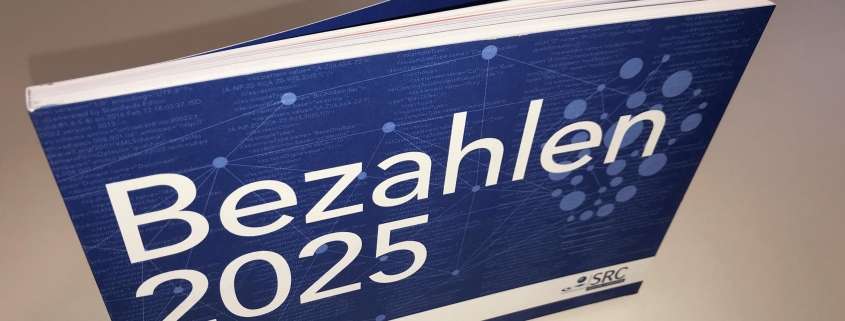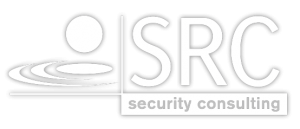SRC supports the 5th Computer Science Conference for University of Bonn Students — CSCUBS 2018
SRC is pleased to support the 5th Computer Science Conference for University of Bonn Students — CSCUBS 2018, which will take place on May 16, 2018.
Promotion of research and scientific exchange
CSCUBS 2018 is organised by PhD and Masters students. Its goal is the promotion of research in computer science, as well as the scientific exchange between students, researchers and practitioners. “The CSCUBS is an initiative from among the students that SRC gladly supports,” says Detlef Kraus, authorized signatory at SRC. “And especially the professional exchange between research, practice and teaching is urgently needed if our society wants to meet the challenges of IT security with confidence,” Kraus continues.
Starting point for personal and professional exchange
The 5th Computer Science Conference for Students of the University of Bonn (CSCUBS 2018) provides a platform for university projects, dissertations and results from research, development and practice in the field of computer science. The conference will take place on 16 May 2018 at the University of Bonn. SRC supports the event not only as a sponsor. We will also be present with a booth to offer a point of contact for personal and professional exchange.
Presentation of a project result at CSCUBS 2018 included
SRC will also present one of its many projects at the CSCUBS. Practice often provides surprising research approaches and exciting insights. The CSCUBS is a welcome platform for SRC to present our work to an interested, young and competent circle of experts and to exchange ideas. Perhaps the many discussions will also provide qualified starting points for using the expertise gathered at CSCUBS 2018 in joint project work.

